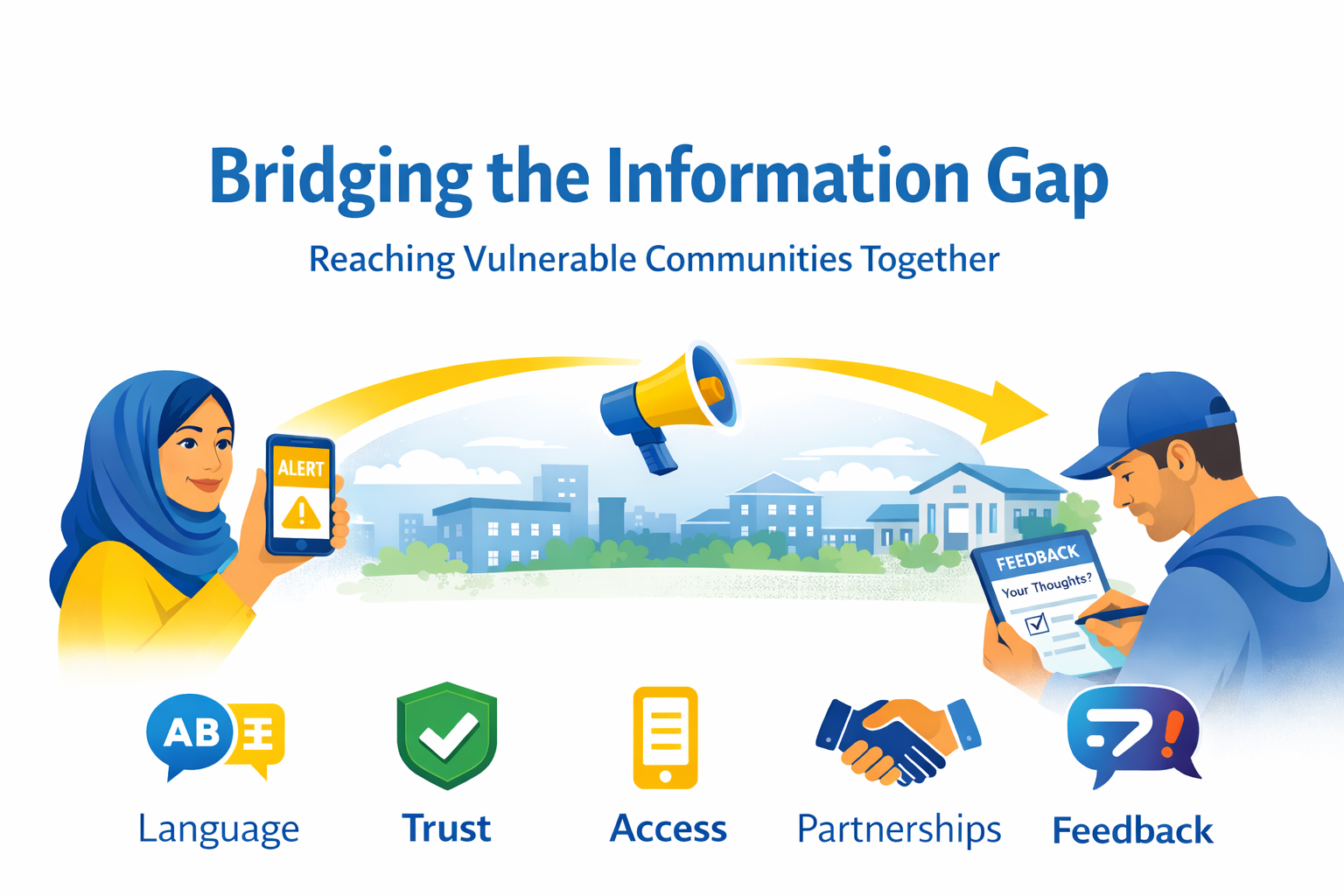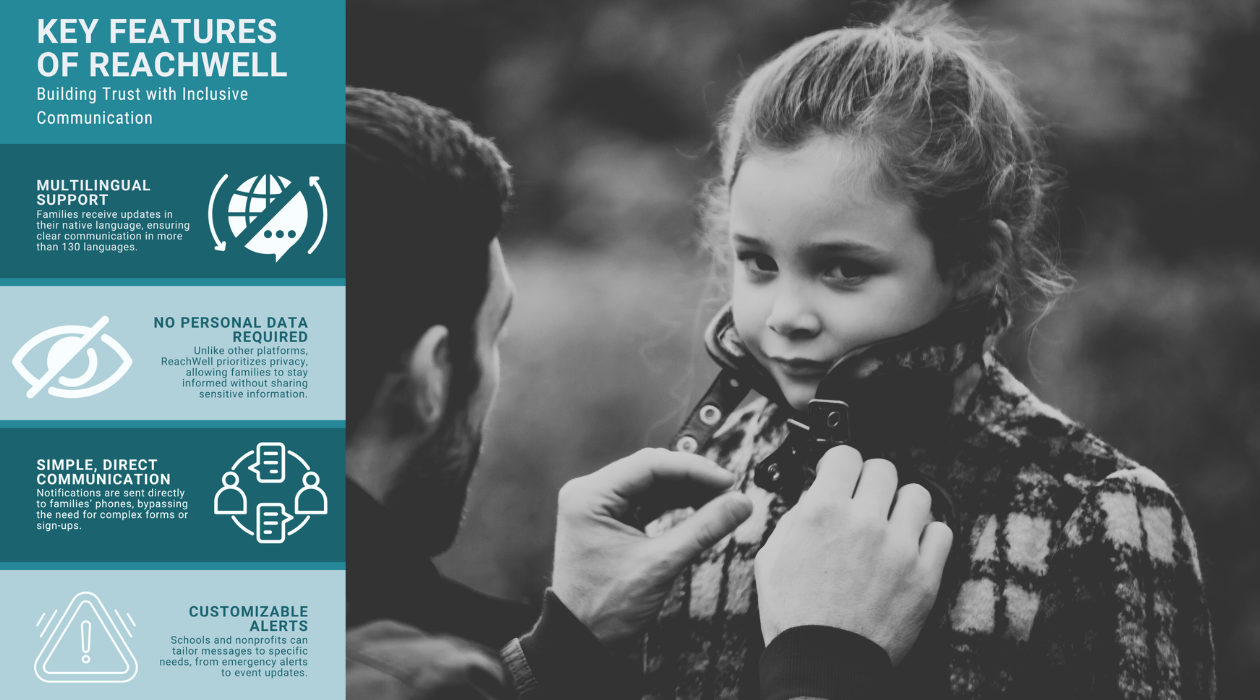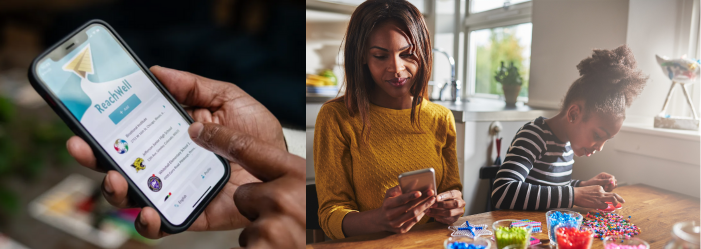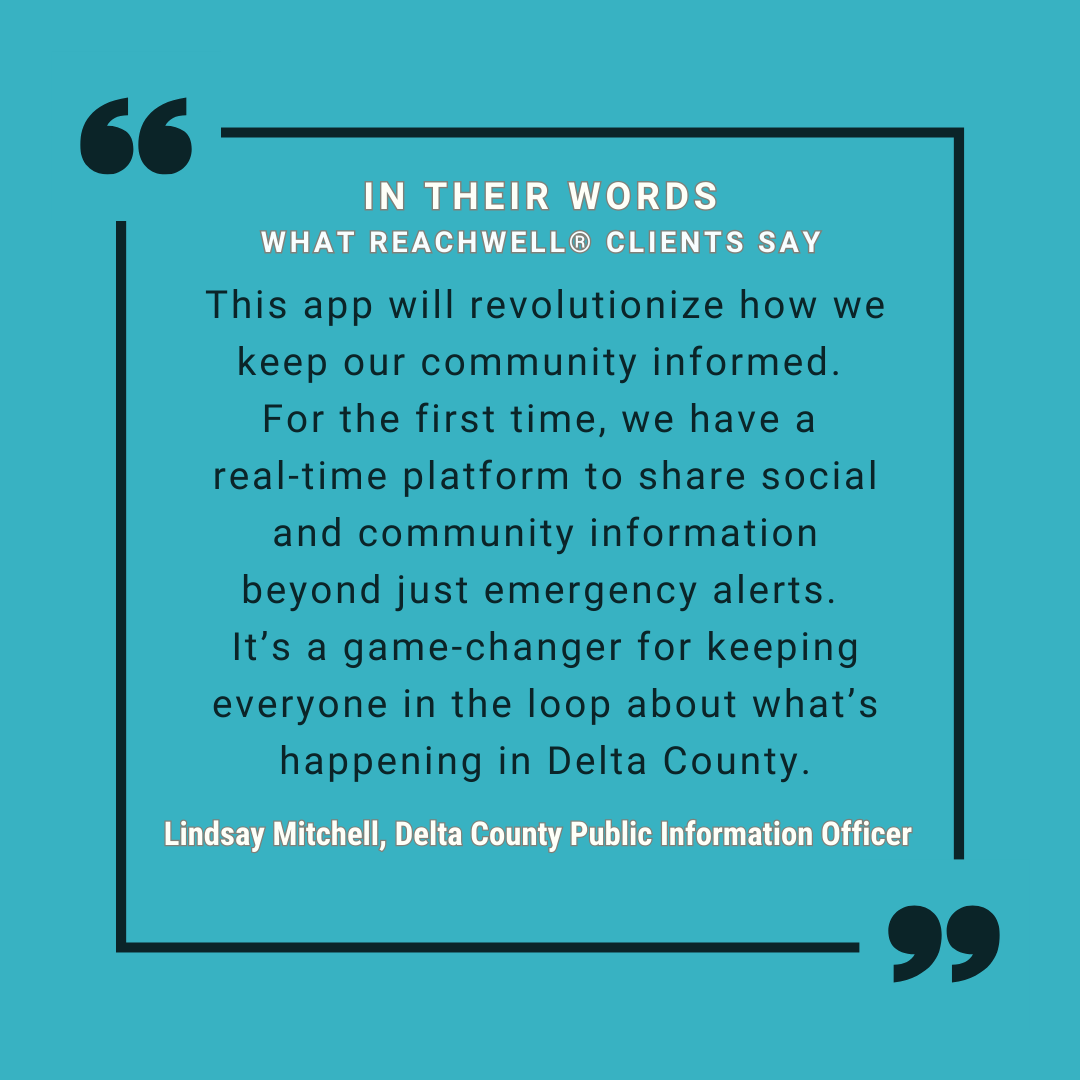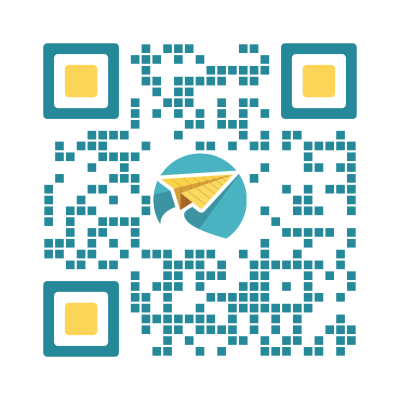4 Great Family Engagement Examples for Schools
1. Engagement without Passwords - DCIS at Fairmont
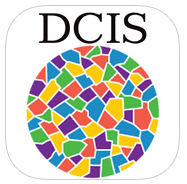
DCIS at Fairmont is a highly diverse school. Many families don't have home internet, consistent phone numbers / emails or speak fluent english.
They do have smartphones.
To connect, their families simply download the free Fairmont app for their iOS or Android phone or tablet. No login, password or registration is required which increases usage and interaction.
Families are instantly connected to receive news, notifications and have access to school, PTO, district and extras tools in their native language!
2. Push Notification Subscriptions - Slavens K-8
Slavens K-8 Middle School yearbook sales are ending soon and only Middle School families need to receive these alerts.
Users set their notification settings to receive messages for their kid's grades. (Schools can create unlimited category options)
Slavens composes a short alert on their phone app (or web browser) and checks "Middle School".
Only Middle School families instantly receive the message that opens the order page on their phone. Users enter their credit card info and place their order!
Roughly 80% of users view these notifications.
3. Getting Parent Signatures - KIPP: Montbello College Prep
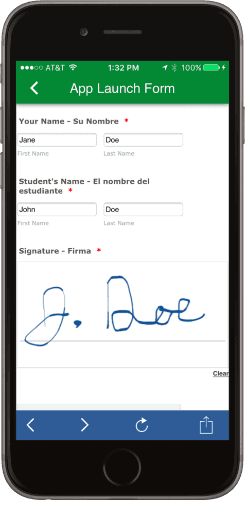
KIPP: Montbello College Prep uses their app ensure families are getting their message.
The front office sends a quick notification informing parents to sign their form.
Families open the alert that takes them to the form, they read the content, enter their info and sign with their finger in seconds.
Results are emailed and/or populate a spreadsheet for easy reporting. Beats printing, posting, stuffing, transcribing!
Works great for waivers and permission slips too.
4. Volunteer Hour Tracking - Lake International School
Lake International School allows families to volunteer to waive their activity fees.
Families earn one point per hour volunteered.
Front office adds points to their app based on the amount of time volunteered.
Families unlock their "reward" of free activity fees after they earn 5 points!
Schools can build in multiple rewards for activities such as attending literacy night = 2 points, Earn 10 points for parent parking spot for a month.




